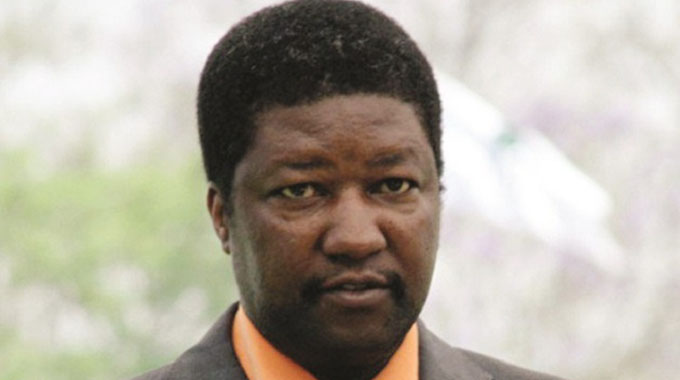‘Political field peaceful’
Fungai Lupande Mash Central Bureau
The Zimbabwe Human Rights Commission (ZHRC) has said it has not received a single case of political violence, as Government is making concerted efforts to ensure a violence-free election.
Speaking at a meeting with stakeholders in Mashonaland Central yesterday, ZHRC deputy executive secretary (programmes) Mr Eric Mukutiri said President Mnangagwa’s message on peace seemed to be well received since tolerance of different political views had improved.
He said the commission was confident that the country would hold free, fair and credible elections this year.
“As a country, we cannot survive on our own and the President is re-engaging other countries so that we become a part of the global community,” said Mr Mukutiri.
“Coincidentally, during this re-engagement process, we have elections.
“Attention is on us and we have to prove that we can handle our political issues. The President said elections are going to be free, fair and credible. He is inviting people to observe our elections. These are important words coming from the Head of State.
“ZHRC must not be confused with Zimbabwe Electoral Commission (ZEC). We don’t administer elections, but we monitor human rights violations during elections, promote informed citizen participation and facilitate redress for election human rights-related violence.”
Mr Mukutiri said although the commission was established in 2010, it started operating in 2014 due to lack of funds.
“We are now receiving budgetary support from Government unlike before,” he said.
“We have a backlog of cases because we are few and we have two offices, one in Harare and another in Bulawayo.
“We cannot recruit due to the job freeze, but we are negotiating with Government so that we have offices in all provinces.”
The commission, he said, was grappling with various issues it felt had to be attended to for the country to ensure the wholesome observance of human rights.
Zimbabwe Electoral Commission (ZEC) Mashonaland Central elections officer Ms Tenjiwe Mkandla said the province, which is mainly driven by farming and mining activities, had a large number of aliens.
“Most of the aliens fail to register to vote because it requires an exorbitant amount of money to regularise their papers,” she said.
“There is need of harmonising the law so that the process is easier.
“However, those with long birth certificates are allowed to register and others can be assisted by their children with birth certificates to acquire documentation.”









Comments